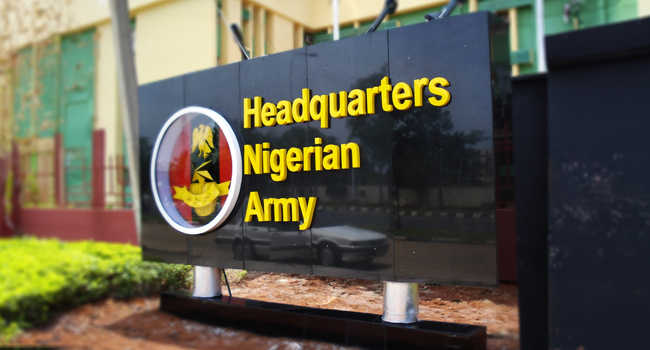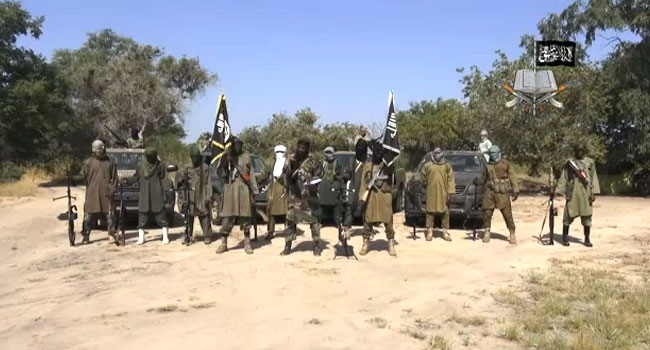
The suspects included the ringleader of the kidnappers, a man going by the name of Abu Mohammed, a senior source at the State Security Service (SSS) told a news agency.
Briton Chris McManus and Italian Franco Lamolinara were killed by their captors on Thursday when British-backed Nigerian troops surrounded the hideout of the kidnappers at Sokoto, British and Nigerian authorities said.
The two had been working for a construction company when they were seized in May from their accommodation in Kebbi state, near Nigeria’s northwestern borders with Niger and Benin.
The SSS source said Nigerian forces arrested two of the conspirators on Tuesday, including Abu Mohammed, near Sokoto, on the basis of a Nigerian intelligence tipoff. After interrogation the two led them to the compound.
The Nigerian and British forces mounted a joint raid two days later. The source said three kidnappers were taken alive from inside the house and the others were killed.
He said a splinter group of the Islamist group Boko Haram, with links to al Qaeda’s North African wing, was behind the kidnapping.
According to agency reports, the large compound where the hostages had been held was left pock-marked with bullet holes. The crime scene appeared to be completely unguarded on Friday, with bystanders wandering in and out of the house.
“After all the gunfire, I saw soldiers bring out five dead bodies from the house. Two were white, three were black,” Murtala Naboro Tsafe, whose house is directly opposite the compound told Reuters.
He added that at about 6.30 p.m “soldiers marched three people out of the house who were still alive”.
Neighbours were shocked. “We never suspected what was going on in the house. There were people going in and out of the house every day, but we never saw any white man,” said Mr Tsafe.
Resident Sani Tukur said: “I never noticed anything suspicious around the compound as it looked totally empty, the only person I saw around is the watchman.”
Security officials say Boko Haram has received training, weapons and bomb-making technology from al Qaeda in the Islamic Magreb, which operates in neighbouring Niger and Chad. The Nigerian militant group wants to impose Islamic Sharia law in a country split between Christians and Muslims.
The hostages were shown in a short video that emerged in August saying they were being held by al Qaeda.
The video showed the two men blindfolded and on their knees, while three armed men stood behind them, their faces hidden.
Lamolinara, an engineer, had been in Nigeria for a decade before being kidnapped, and was helping to construct a building for the central bank, according to Italy’s Ansa news agency.
Britain and Italy in diplomatic row over failed operation
A diplomatic row has broken out over the deaths of the two hostages after the Italian president claimed that the British government had not told Rome of the rescue operation.
Branding the situation “inexplicable”, Giorgio Napolitano said that he Italian government was not informed or consulted about the botched mission to rescue the hostages. He called for a political and diplomatic explanation from the UK.
Philip Hammond, the Defence Secretary, hit back, saying: “It isn’t inexplicable. It’s completely explicable what happened.”
He said that the Italian government was “informed” but didn’t specifically “approve” the rescue mission adding that the mission was launched after specific intelligence that the hostages were to be moved and killed.
“We contacted the Italians yesterday as the operation was getting under way, but this was a very fast-moving situation,” Prime Minister David Cameron’s spokesman told reporters in London.



